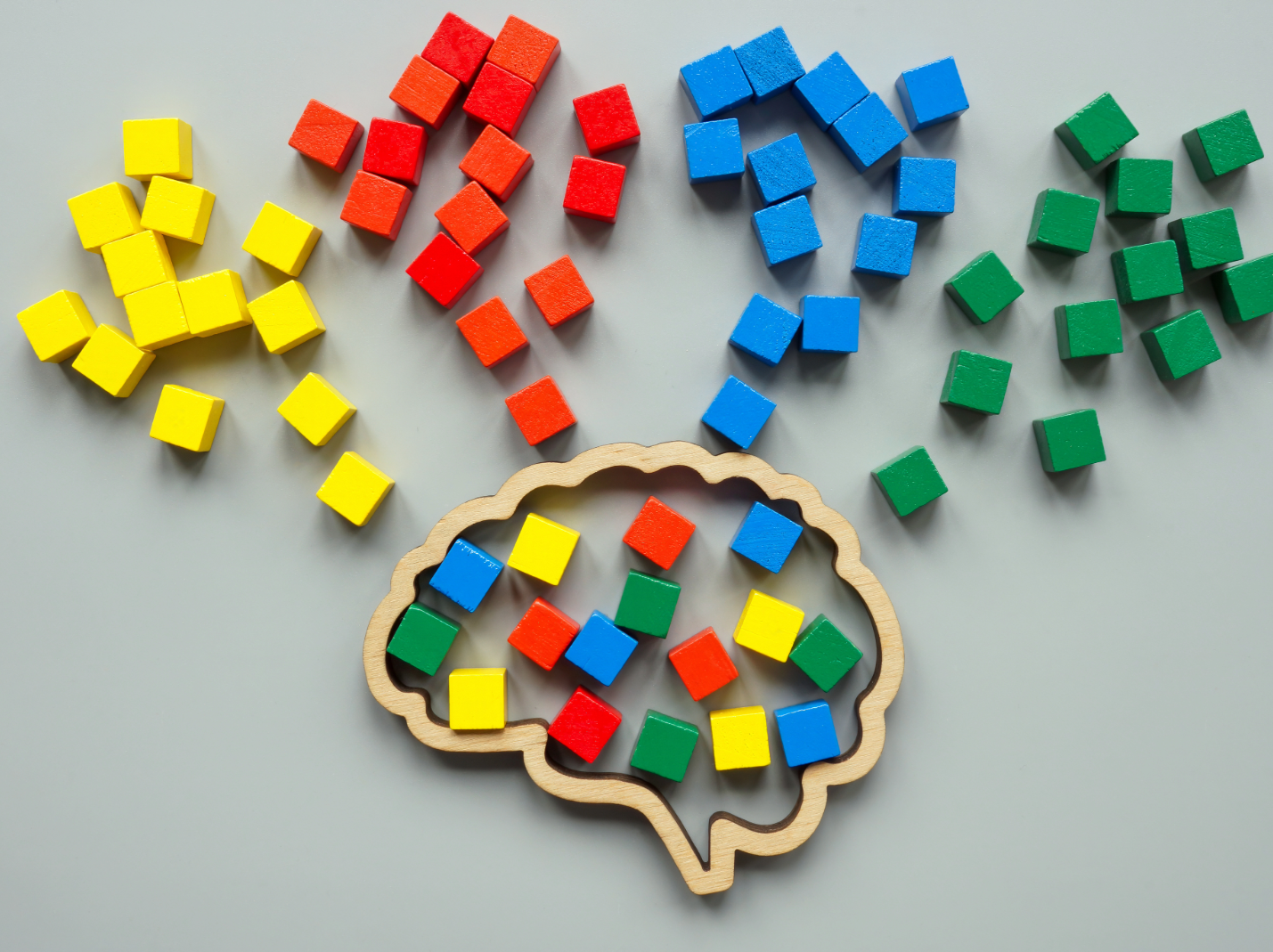
The conversation around neurodiversity has gained substantial momentum over the past few years, challenging traditional views and methods of learning and teaching. Neurodiversity refers to the natural variations in the human brain and encompasses conditions such as autism deficit disorder (ASD), attention deficit hyperactivity disorder (ADHD), dyslexia, and others.
While individuals with such conditions bring unique perspectives and strengths to all aspects of their lives, they can also face significant challenges throughout their education. Understanding these issues is crucial, especially in higher education where the stakes are high. By creating a more inclusive learning environment that allows and supports all students to thrive, higher education institutions can better support neurodiverse learners.
Here, we take a look at the common barriers to academic success for neurodiverse students in higher education.
The Rigidity of Traditional Academic Structures
One of the biggest challenges for neurodiverse students at all levels of education is the rigid structure of classroom settings. In higher education, lecture-based learning and standardized testing often fails to accommodate all learning styles. For example, students with ADHD may struggle to focus for long periods of time, while those with dyslexia may find written exams particularly difficult.
Research shows that learning styles directly affect academic performance and outcomes. The somewhat old-fashioned practice of forcing conformity to a specific academic model can be problematic, especially in students who think and learn differently from the majority.
To combat this, universities and colleges need to create more flexible and inclusive learning environments, where all learning styles are recognized and accommodated. As a student, the best thing you can do is voice your concerns and let your tutor know if you need to take a break, or would like the work given to you in a different format. For example, rather than reading a long body of text, ask if there is a video available which explains the same concept.
Lack of Understanding
Despite the growing awareness of neurodiversity, many educational settings still lack a deep understanding of the traits and behaviors of such students. This can lead to misconceptions, with tutors assuming learners are unmotivated or disruptive rather than noticing they are simply struggling despite having good intentions. Students with ADHD, for example, often struggle with executive dysfunction. This makes meeting deadlines more challenging, as their time management and prioritization skills aren’t neurotypical.
Unfortunately, there is still something of a social stigma associated with neurodiversity, so students may find it difficult to ask for help. Without proper support, the academic success of these learners may be further halted by anxiety, depression and isolation.
Teachers and tutors need access to ongoing training in order to better understand neurodiversity, so that they can support their students appropriately at every stage of their learning journey. When choosing your university, look for statements of a commitment to providing an inclusive environment on their website or in their brochure.
Social Challenges
Higher education isn’t just about the academic journey; it’s also about navigating complex social landscapes, making new connections and enjoying your time at college. For neurodiverse students, especially those with ASD, understanding social cues and engaging in discussions can often be more difficult.
Again, misunderstandings are common among peers with little or no experience of people with neurodiversity, which can lead to exclusion or feelings of rejection. In some cases, the pressure to participate in group work, class discussions and social activities can cause significant stress. Not only is this detrimental to a student’s wellbeing, but it can also detract from their academic success.
Your mental health must always be a priority, so it’s a good idea to check that your college has support services available for neurodiverse students.
Supporting Neurodiversity
By recognizing and addressing the unique challenges faced by neurodiverse students, higher education institutions can create a more inclusive environment that values and nurtures all learners. This not only supports individual students, but also enriches the academic community as a whole, fostering creativity and a more flexible path to academic success.
As a student, prepare for higher education by equipping yourself with a toolkit of effective study tips and strategies to help you cope. If possible, book on to a summer transition programme to help you get a taste for life on campus, and integrate yourself into student support groups with other like-minded learners.
Image by Vitalii Vodolazskyi — Adobe Stock — Asset ID#: 761662650